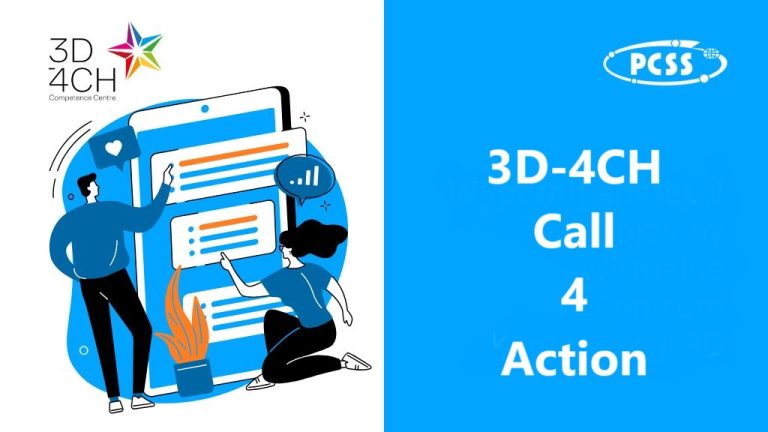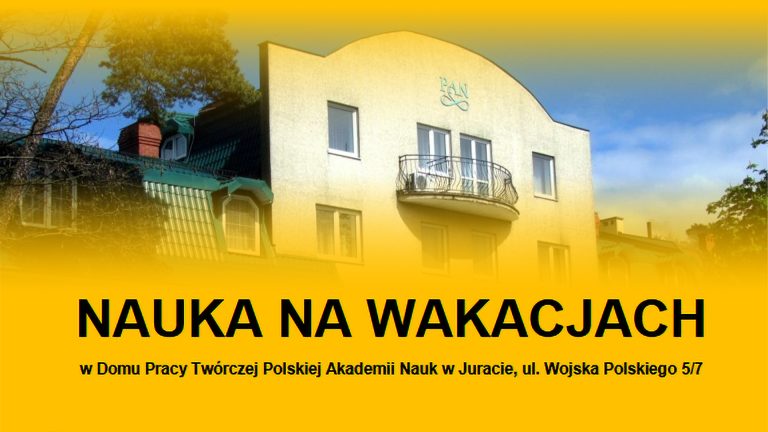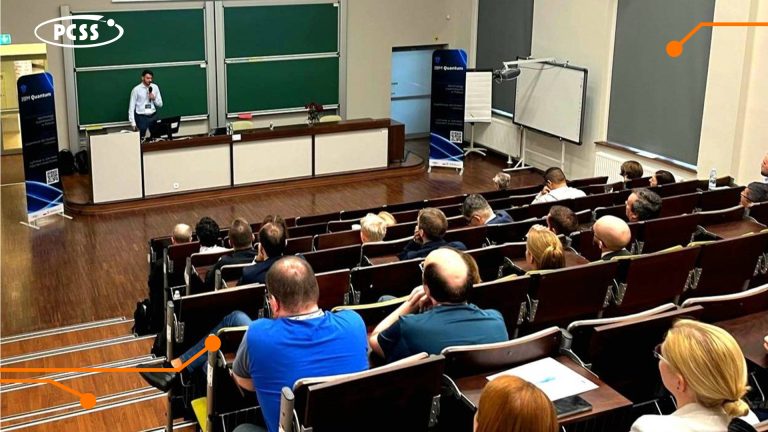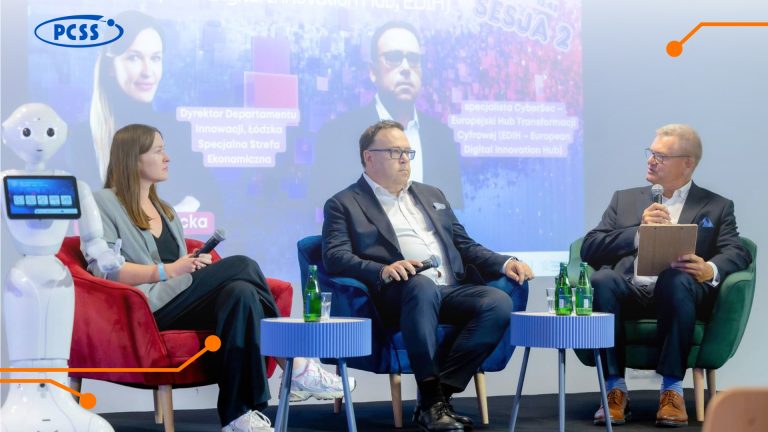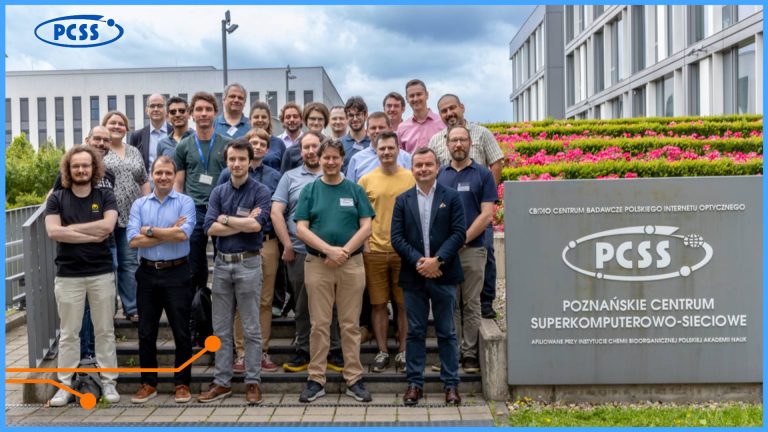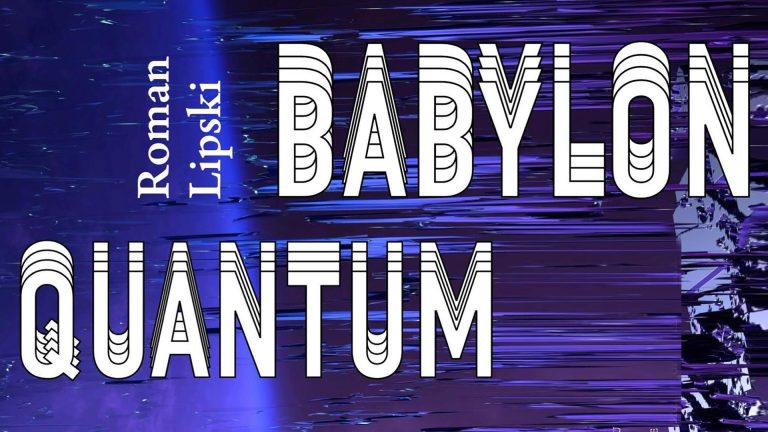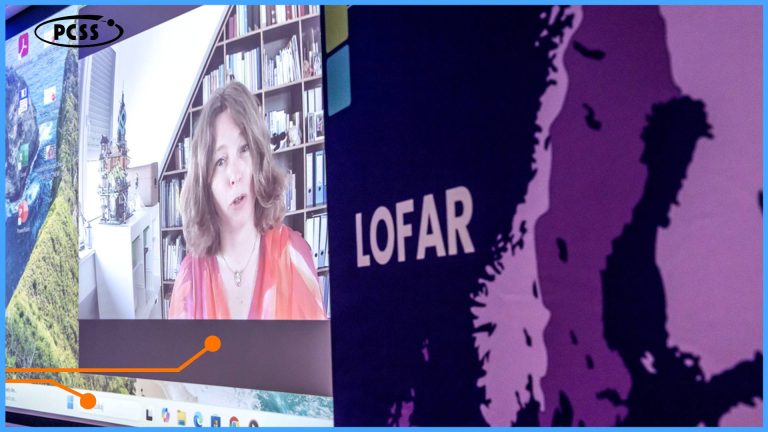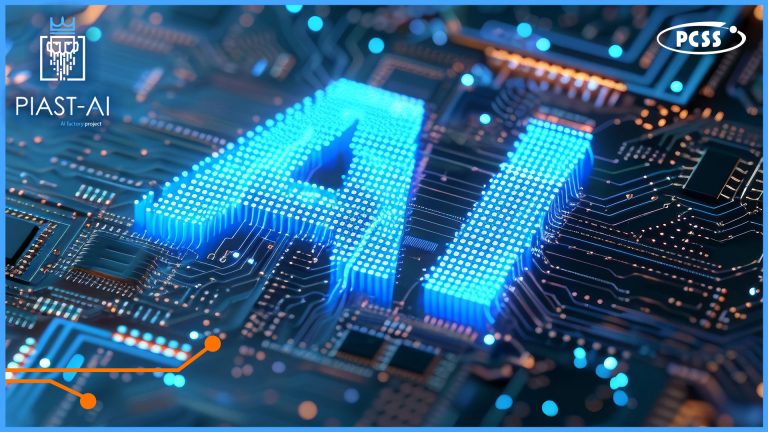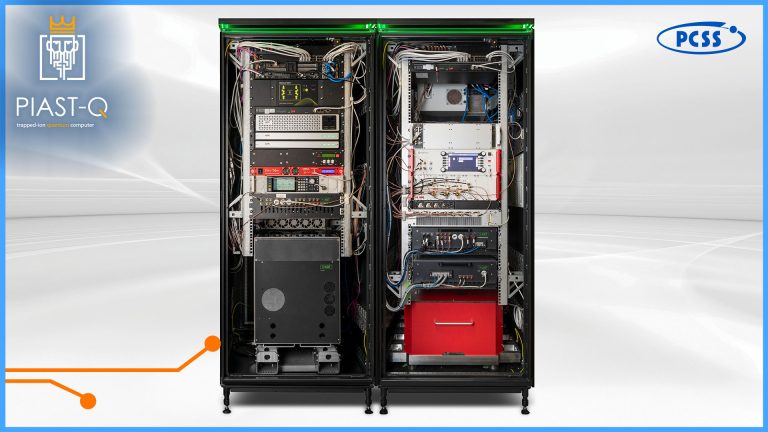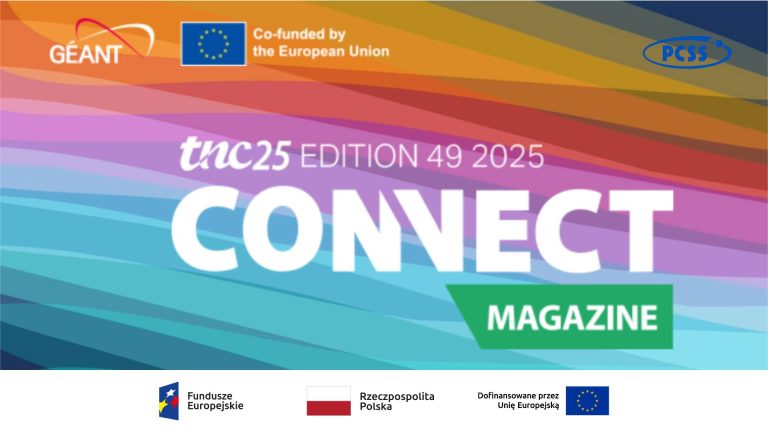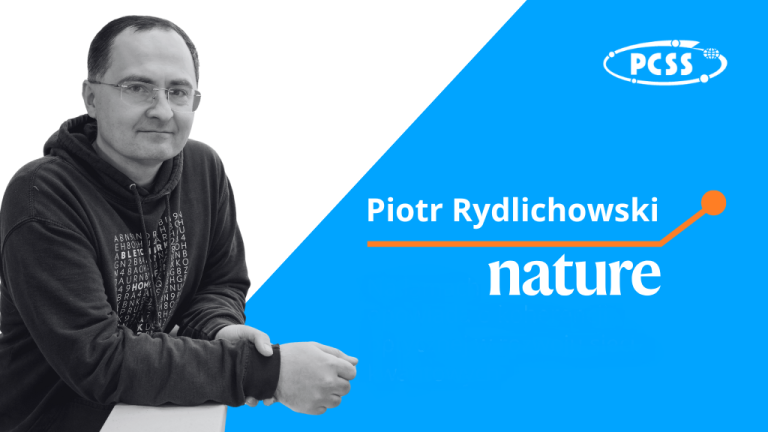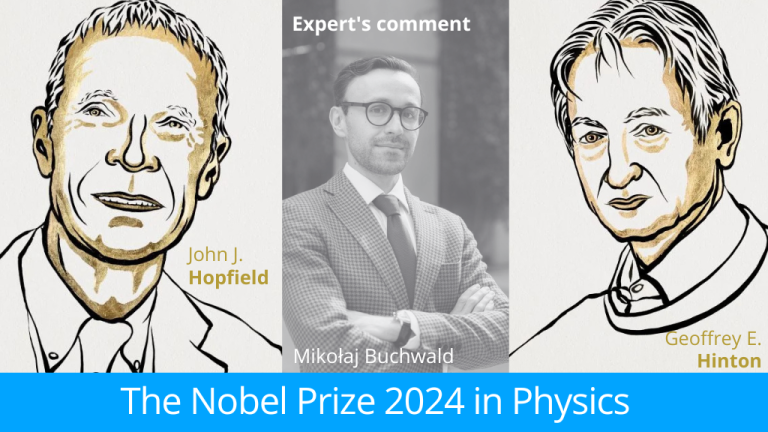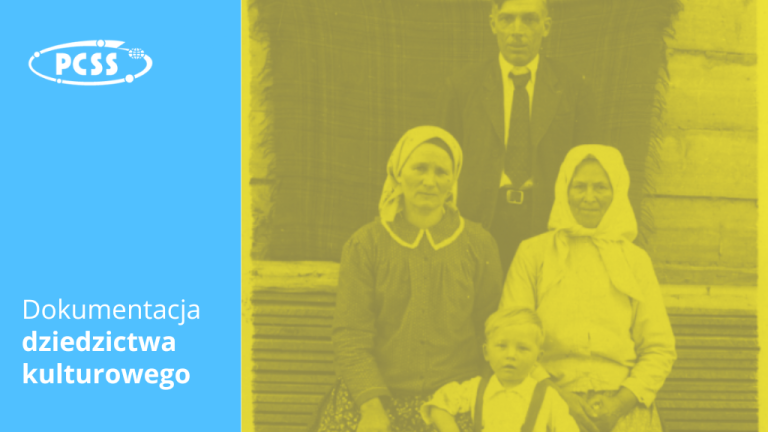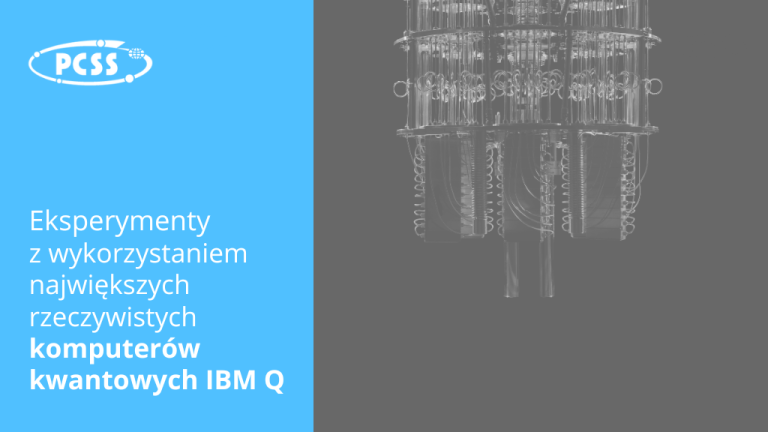The first edition of the European Science Fair (June 3-6, 2025) has commenced in Poznań. This event is an integral part of ITM INDUSTRY EUROPE – the largest trade fair event in Central and Eastern Europe, where companies from around the world showcase solutions aligned with the Industry 4.0 concept. The combination of science and industry is what we do at PCSS, so our Center had to be present at the Poznań International Fair grounds, where it all takes place.
The European Science Fair was initiated by the Adam Mickiewicz University in Poznań, the Ministry of Science and Higher Education, and the MTP Group (Poznań International Fair). It serves as an excellent platform for interaction between scientists and businessmen – stands of universities, scientific clubs, and startups are adjacent to those of companies from all over the world, presenting the latest solutions for industry. In total, several hundred exhibitors are present. The creators’ aim for the European Science Fair is to promote the achievements of Polish research institutes, universities, and technological startups, as well as other organizations working for the development of science and technology.
The program of the first European Science Fair is rich in discussion panels within an accompanying conference dedicated to the cooperation between science and the economy. However, the biggest attraction of the first day of the event seemed to be the inaugural lecture by Professor Andrzej Dragan, a famous theoretical physicist and artist, titled “Can machines think?” Both the title and the content of the speech referred to artificial intelligence – a topic also close to our Center. However, at our stand, co-branded by IBCH PAS and PCSS, we focused primarily on four projects.
POL-OPENSCREEN 2.0 – a project aimed at maintaining and developing a Polish biological chemistry screening infrastructure platform in the context of participation in the EU-OPENSCREEN ERIC research infrastructure consortium.
MOSAIC 3D – a research platform enabling the creation and use of unique preclinical cellular models (in vitro-3D) and their digital twins (in silico-3D) in biomedical research concerning oncological and cardiological diseases; it provides access to the first iPSC biobank in Poland.
CYBERSEC – a PCSS’ project created in partnership with scientific institutions and companies specializing in cybersecurity (implemented within the National Center for Secure Digital Transformation EDIH), which aims to ensure cybersecurity for small and medium-sized enterprises, as well as state and local government institutions through a wide range of offered services.
KMD4EOSC – the National Data Warehouse (Krajowy Magazyn Danych), a universal infrastructure for storing, sharing, and processing large amounts of data (HPC, big data, AI models), cooperating with EOSC – the European Open Science Cloud. The KMD project by PCSS provides space, indexing, and the ability to freely share scientific data, including research results, in accordance with the idea of Fair Data.
The Deputy Plenipotentiary of the Director for PCSS – Urszula Grygier-Soboń, who visited the event on the opening day, was impressed by the offerings of both the European Science Fair and the ITM Industry Europe. In addition to the latest technologies used in Industry 4.0, the MTP (Poznań International Fair) exhibition halls also showcase innovations in areas such as medicine, sustainable development, and renewable energy sources. Ami – an android with dark grey skin and mesmerizing blue eyes, brought by the Copernicus Science Centre from Warsaw, reminds visitors that what we recently considered as the future, has now become the present.
Participants and guests of the event are likely to encounter some robot-dogs moving between stands. They represent the Poznań University of Technology, the West Pomeranian University of Technology in Szczecin, and the Silesian University of Technology. The dog from Szczecin is digitally “trained” primarily to monitor and explore places dangerous for humans, while the Silesian ReXio has been programmed to assist in rehabilitation and work with disabled children. The Poznań robot-dog is diligently seeking new contacts and application opportunities for all solutions implemented by its creators.
– Today, when no one needs to be convinced of the special significance of the synergy between science and the business environment, events such as the European Science Fair are of immense importance. This is a platform for sharing knowledge and for developing and transforming ideas into real solutions. Taking that into consideration, at the beginning of June, there’s no better place to be than the capital of Wielkopolska region – that is how Marcin Kulasek, the Minister of Science and Higher Education, invites everyone to the first edition of the European Science Fair in Poznań.
Photos by Magdalena Madaj | PCSS
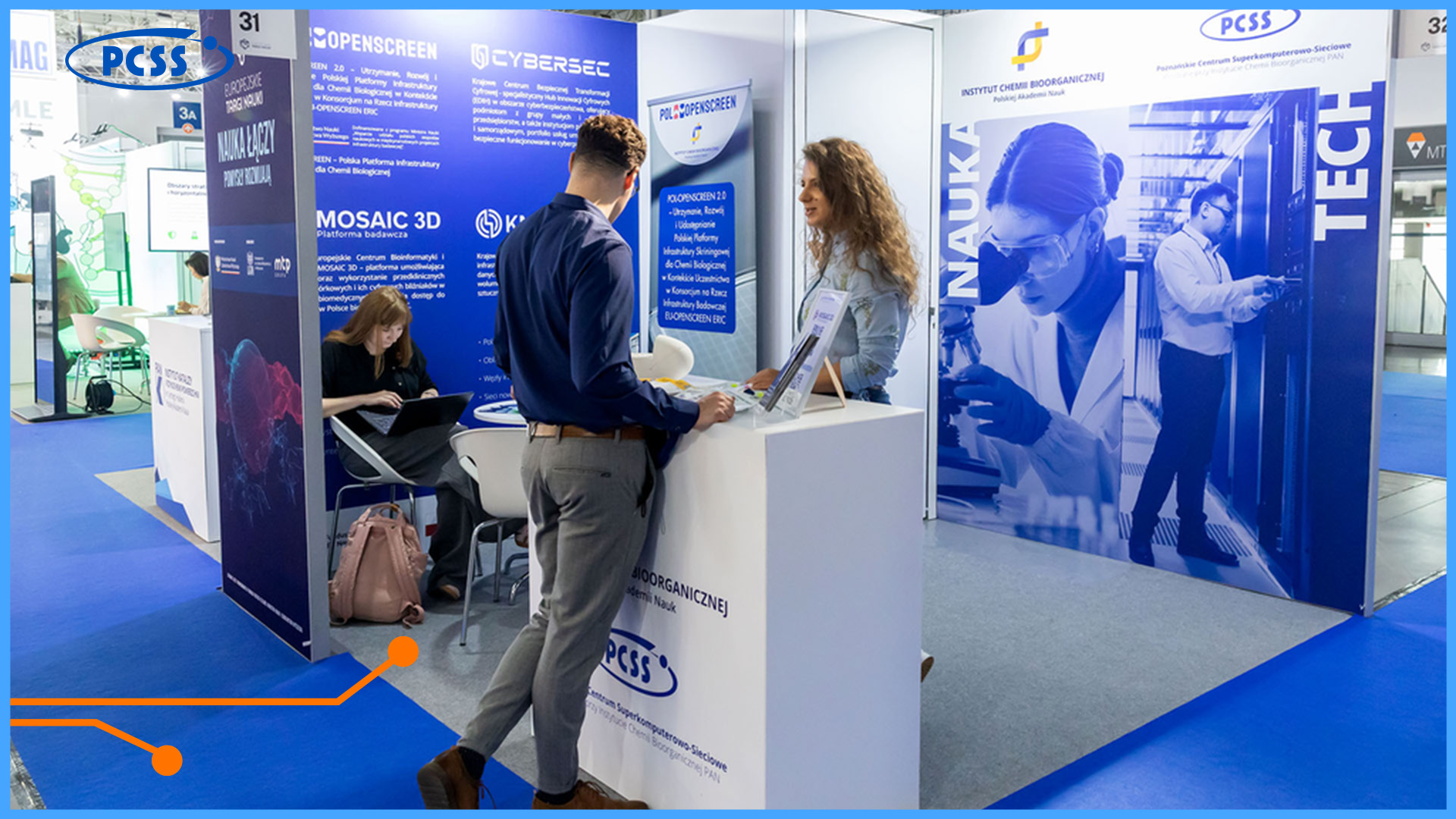
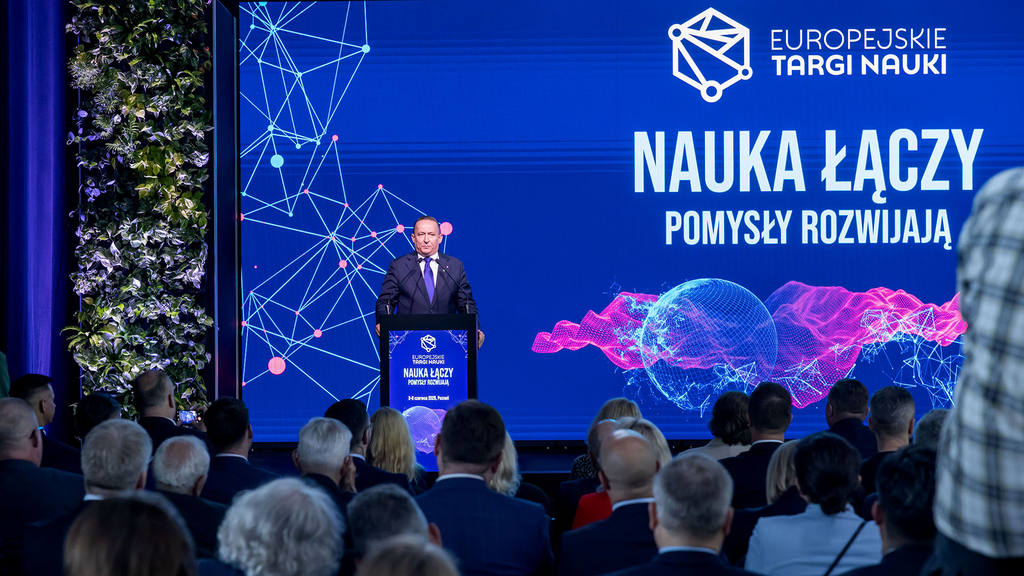
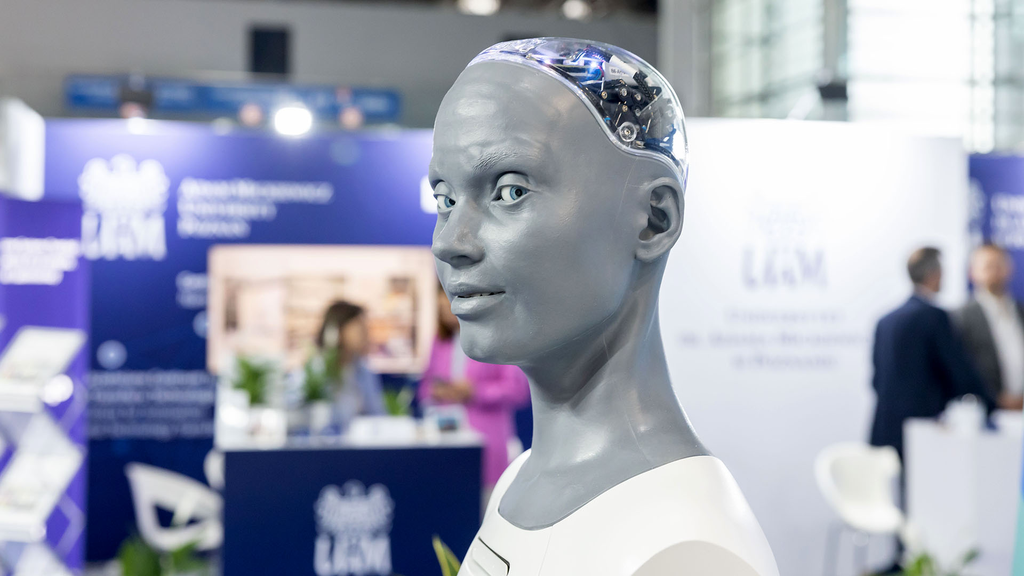
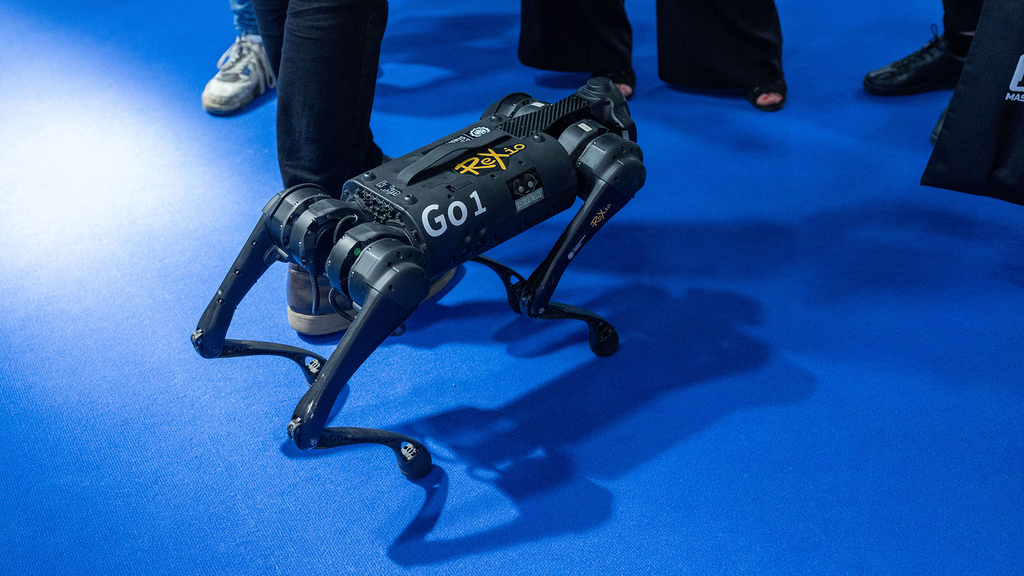
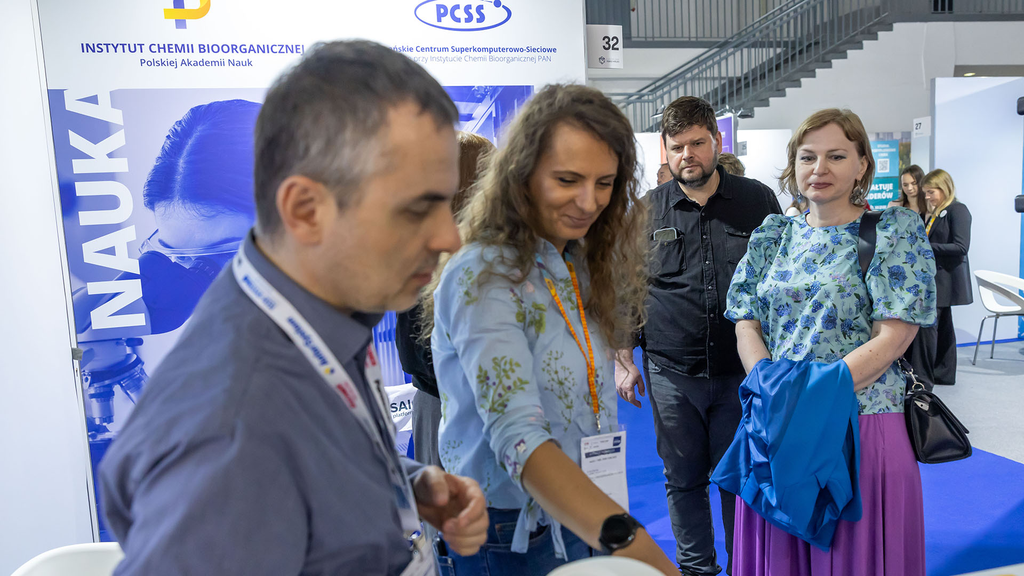
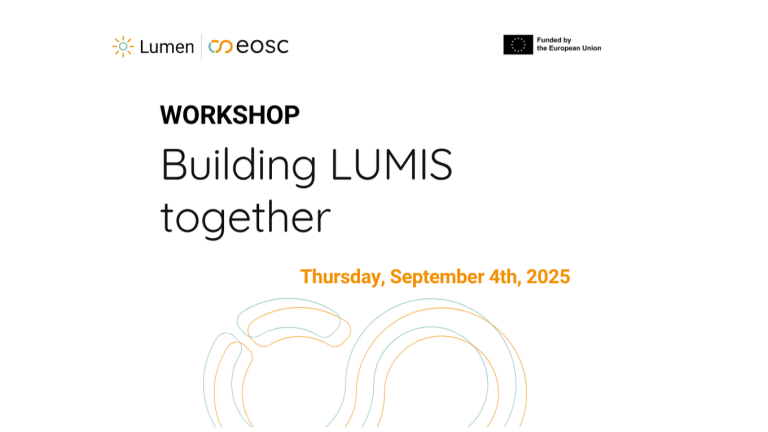
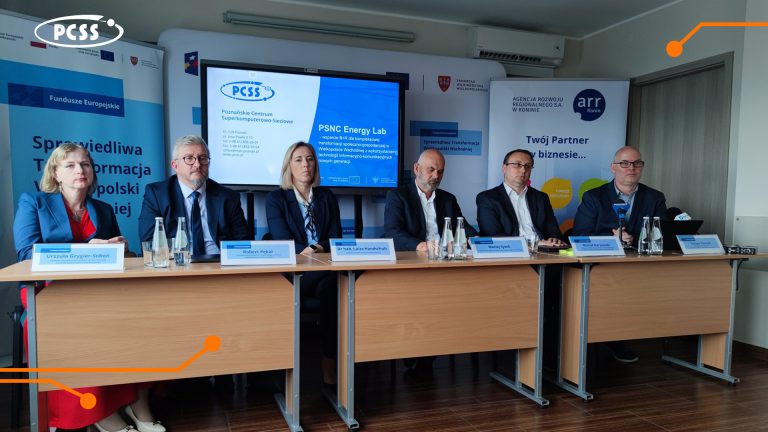
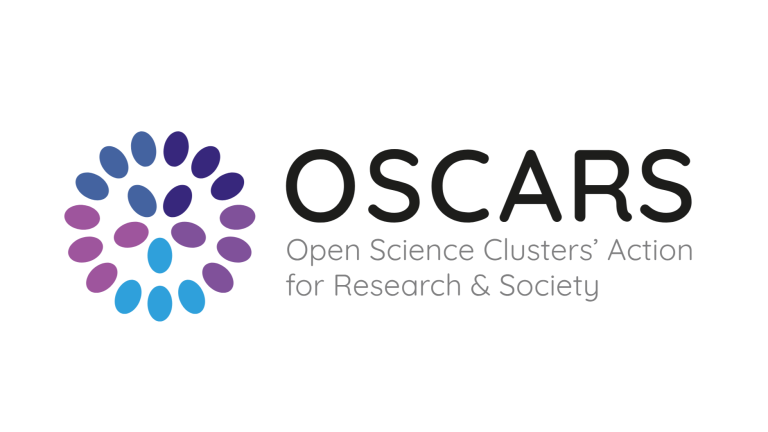

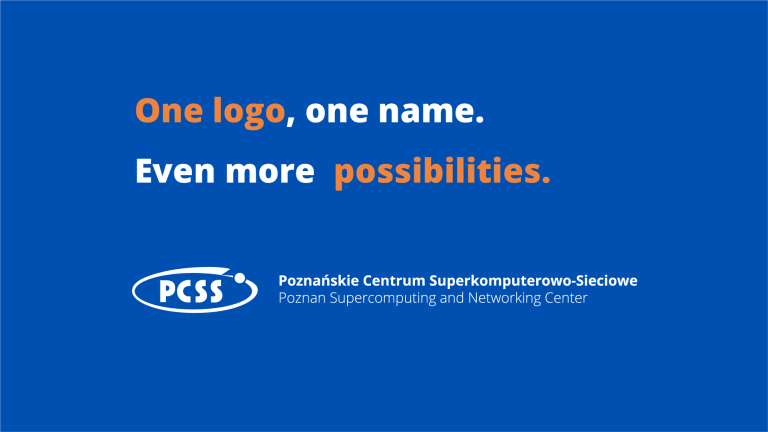
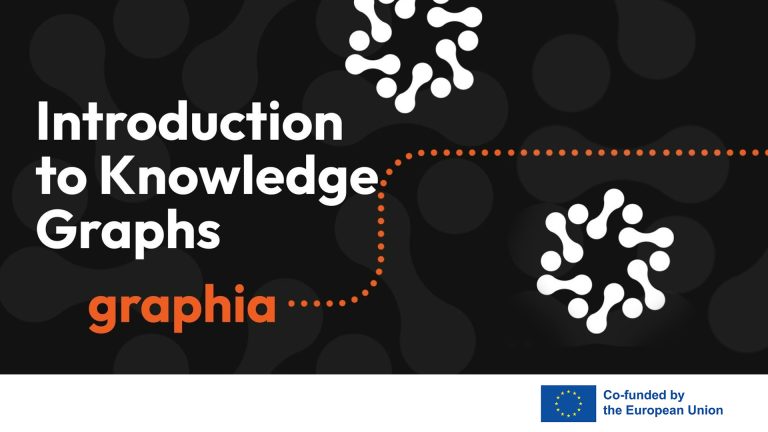
![The image displays the word "LUMEN" in a stylized, outlined font, with different letters connected by lines and arrows to various academic disciplines. The letters "L" and "U" on the left are linked to "Mathematics [Maths]" and "Social Sciences and Humanities [SSH]," while the letters "M," "E," and "N" on the right are associated with "Earth System Science [ESS]" and "Molecular Dynamics [MD]." The overall design suggests an interconnectedness of these fields, potentially illustrating the interdisciplinary nature of something represented by "LUMEN".](https://www.psnc.pl/files/2025/05/lumen2_EN-768x432.jpg)
